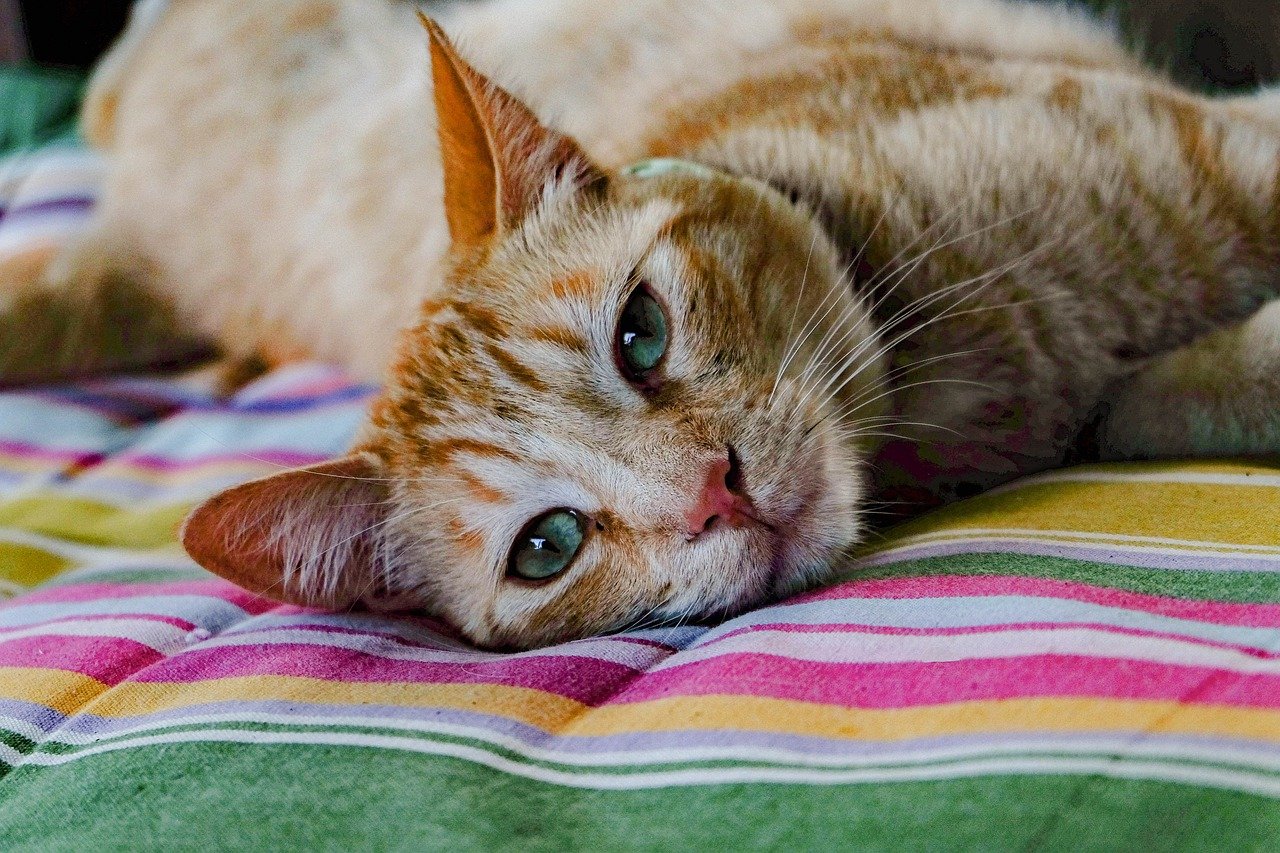Photo: Pixabay, 2022
What do I do if my dog or cat has vomiting and diarrhoea?
Vomiting and diarrhoea is a very common presentation that we see every day at the vets. There are many different causes of these symptoms, and consequently, many different treatments may be required.
As vets, it is our job to try and work out what is causing these signs and the best way to treat them.
The first thing the vet will do is to get a full clinical history. It might seem strange, but we will want very specific details about the colour, frequency, and texture of the vomit and faeces, as this information can give us a lot of clues about the cause of the issue. The vet will then complete a full clinical exam of the patient and, depending on the findings, will advise one of the following options.
Symptomatic treatment - this means treating the symptoms. For example, giving an injection to stop the vomiting, probiotics to treat the diarrhoea, and a specific food to speed recovery. This may not be appropriate in all cases.
Advise specific treatment as there is an obvious underlying cause - for example giving a 3 day wormer if giardia (a common protozoa that can cause diarrhoea) is suspected.
Advise further tests - both diarrhoea and vomiting can be a non-specific symptom of many diseases. For example, an infection in a dog’s womb will cause it to vomit and taking a blood sample and performing an exam would be the appropriate course of action. However, diarrhoea that consists of large volumes and associated weight loss could indicate a condition called EPI where bloods and faecal analysis would be needed for diagnosis.
It is important to remember that diarrhoea and vomiting is a symptom and not a disease in itself. Correct treatment is essential and advice is normally best from a vets. If in doubt, give us a call. We would advise against Dr Google as the correct answer is often missed!
Dos and Don’ts
Do call and ask us for advice
Do starve for 24 hours (always offer water) if the pet is otherwise well and then offer land food, such as chicken or egg
Do take photos of the faeces, as this can be useful for the vet to see
Do call the vet if the pet is vomiting water
Don’t suddenly change your pets diet - if you are changing brands then do this gradually over 7-14 days.
Don’t give human food/bones/cartilage
Don’t ignore the signs if it’s been going on longer than 24 hours
Never withhold water
So, in summary, if your dog or cat has vomiting and diarrhoea and you are concerned, then pick up the phone and give us a call. We can then advice correctly the right course of action.
As always, if this article has raised any concerns about your pets, please don’t hesitate to call us on 01665 252 250.



